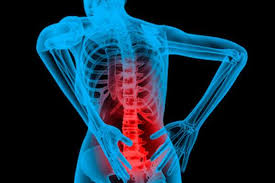 News
News Has ulcerative colitis or related surgery impacted your ability…
Has Ulcerative Colitis or related surgery impacted your ability to work?
We have been asked to advertise a research project to be conducted by Mr Orestis Argyriou, a research fellow at St. Mark’s Hospital Academic Institute. His research is focusing on improving patient counselling around surgery for Ulcerative Colitis (UC), and more specifically into improving the delivery of information in relation to work-related experiences and Quality of Life (QoL), which he feels seems to be quite neglected.
The first step is to conduct qualitative interviews, to hear from patients about their lived experiences and the research team is interested to hear from people that have had different types of surgery (e.g. ileostomy only, J pouch or ileorectal anastomosis), as well as from people coming from different professions in terms of the physical requirements and components of their jobs.
Further information below. If you are interested in taking part please register your interest by contacting the research team by email at lnwh-tr.workuc@nhs.net
Mr Orestis Argyriou, MSc, MRCS is a Research Fellow in IBD & Colorectal Surgery,
St Mark’s National Bowel Hospital & Academic Institute

If you are interested in taking part please register your interest by contacting the research team by email at lnwh-tr.workuc@nhs.net




















You must be logged in to post a comment.